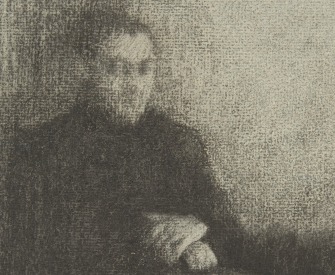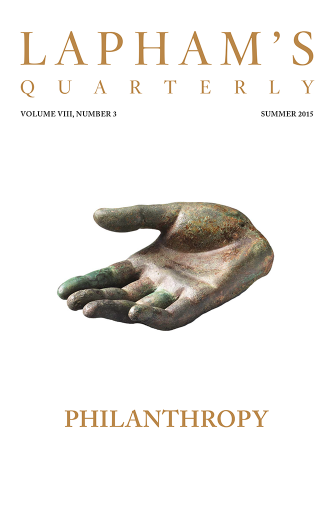To Hannah,
So Wilberforce is gone! We talk of burying him in Westminster Abbey, and many eminent men, both Whigs and Tories, are desirous to join in paying him this honor. There is, however, a story about a promise given to Wilberforce’s old friend Stephen that they should both lie in the same grave. Wilberforce kept his faculties and, except when he was actually in fits, his spirits to the very last. He was cheerful and full of anecdotes only last Saturday. He owned that he enjoyed life much and that he had a great desire to live longer. Strange in a man who had, I should have said, so little to attach him to this world and so firm a belief in another: in a man with an impaired fortune, a weak spine, and a worn-out stomach! What is this fascination which makes us cling to existence in spite of present sufferings and of religious hopes? Yesterday evening I called at the house in Cadogan Place, where the body is lying. I was truly fond of him, that is, “je l’aimais comme l’on aime.” And how is that? How very little one human being generally cares for another! How very little the world misses anybody! How soon the chasm left by the best and wisest men closes! I thought, as I walked back from Cadogan Place, that our own selfishness when others are taken away ought to teach us how little others will suffer at losing us. I thought that, if I were to die tomorrow, not one of the fine people, whom I dine with every week, will take one cutlet with peas the less on Saturday at the table to which I was invited to meet them, or will smile less gaily at the ladies over the champagne. And I am quite even with them. What are those pretty lines of Shelley?
Oh, world, farewell!
Listen to the passing bell.
It tells that thou and I must part
With a light and heavy heart.
There are not ten people in the world whose deaths would spoil my dinner, but there are one or two whose deaths would break my heart. The more I see of the world, and the more numerous my acquaintance becomes, the narrower and more exclusive my affection grows, and the more I cling to my sisters and to one or two old tried friends of my quiet days.
From a letter to his sister. Abolitionist William Wilberforce had died on July 29, three days after passage of the Slavery Abolition Act, and he was indeed interred at Westminster Abbey, next to his friend Prime Minister William Pitt the Younger. The following year, Macaulay received word that his other sister, Margaret, died. “That I have not utterly sunk under this blow I owe chiefly to literature,” he wrote to a friend. “What a blessing it is to love books as I love them—to be able to converse with the dead and to live amidst the unreal!”
Back to Issue



